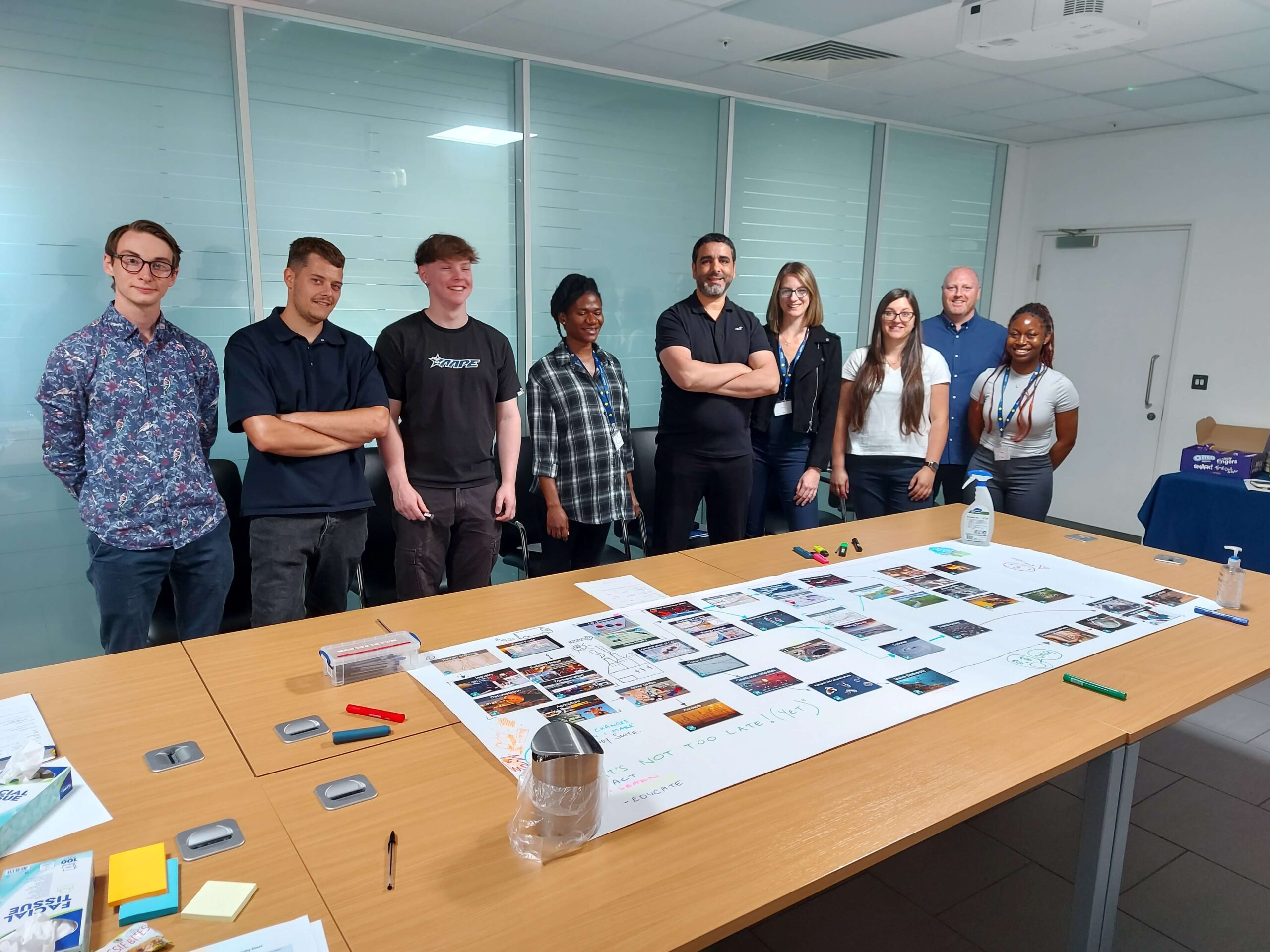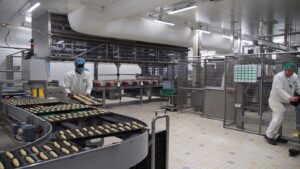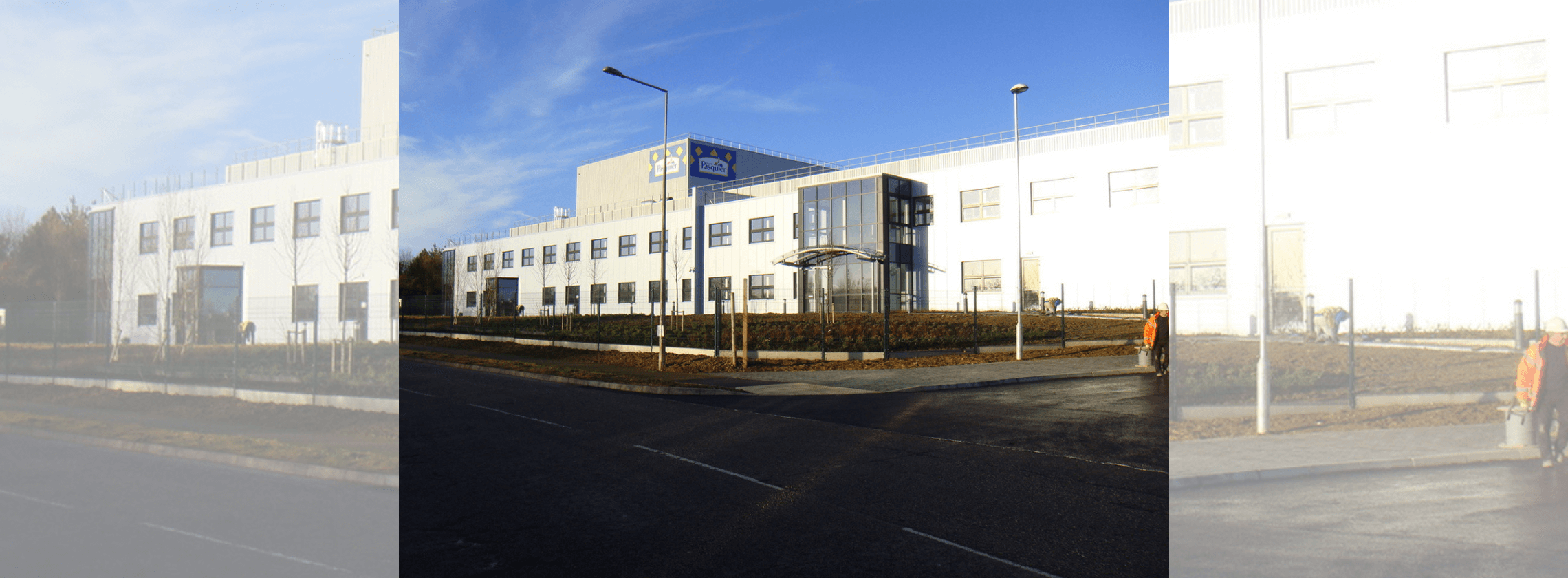Brioche Pasquier has a rich history of rooting itself in the rural community, and thus being a critical part of the local surroundings and environment. For decades it has been participating in the circular economy through its agri-division; turning food waste and crops from local farms into animal feed and partnering with local farmers and communities from the beginning means it has always prioritised protecting the local ecology and economy through agro-ecology and environment management.
Brioche Pasquier UK Ltd strives to continue this legacy, with social commitment one of the four pillars of its business plan, and within this, reducing impact on the environment is a key commitment.
The firm is determined to participate in reaching its carbon neutrality target by 2050, including through regular assessments, defining a 2030/2050 carbon trajectory and developing a bespoke strategy for that begins with raising awareness for all employees.
Brioche Pasquier has committed significant time and resource to facilitate Climate Fresk workshops internally and educate teams as to the company’s impact on climate change. Led by Brioche Pasquier’s Health, Safety and Environment Manager, Bryan Winn, Climate Fresk workshops in the UK use an interactive educational game to help all staff understand why the firm is so committed to reducing their impact.
“The Fresk is an incredibly useful tool for discussing what can be a complex and often misunderstood topic, it has allowed us to actively engage our teams without pushing an agenda, using factual information to logically untangle the complexities of human impact on the environment. The feedback we have had from all participants has been extremely positive and encouraging,” said Bryan.
“As a group, we have formed strategic workshops to tackle our impact effectively, including raw materials, transport, energy, technology and packaging. By organising these specific topics together, we are able to bring group-wide solutions while still focusing on site specifics.”
Whilst Brioche Pasquier has committed great resources to future improvements and already has a number of carbon reduction programmes in place. To meet the group target of 10% self-sustaining energy supply by 2030, Brioche Pasquier UK will soon begin installing solar panels across its car park in Milton Keynes, adding to the existing EV charging infrastructure, to reduce the site impact and improve energy efficiency. Th is project will meet and exceed the group target, making the site around 15% self-sufficient.
The site already boasts an effective water reduction programme, using rainwater harvesting for all toilet facilities and metering to minimise losses during production and cleaning, alongside the use of outside air in product cooling processes.


As a part of Brioche Pasquier’s contribution to carbon neutrality, managing waste is also a major component in terms of site management. Whilst the company strives to reduce food waste as far as possible, some will inevitably still be generated, and in such cases the firm partners with local waste management companies to ensure that waste is converted to green energy via anaerobic digestion and/or into animal feed.
Brioche Pasquier also drives a recycling programme with local partners to recycle as much of its own and supplier packaging and accessories as possible. On the PITCH packaging, for instance, replacement of the clip and the skirt with a welded version has saved tonnes of plastic waste. Th e company is also on track to achieve its target of saving 500 tonnes of plastic waste by the end of this year, and has achieved four years of zero-to-landfill wastage.
Biodiversity is also a major issue, and Brioche Pasquier makes every effort to limit its impact, but is also aware that it will need to adapt. Work is currently under way to make the company resilient in the face of environmental change, which means working with factories and suppliers to adapt to climate change. To maintain a strong and lasting link with the rural world, the company respects long-term commitments in partnership with suppliers located around its sites across the world. These partnerships also assure the origin and the authenticity of products. Additionally, in its mission to help fight against deforestation Brioche Pasquier has ensured that 100% of the cocoa it uses is Rainforest Alliance Certified. A certification that contributes to more sustainable and responsible production.
Bryan Winn said: “What I am most proud of is our local partnership with Sofia Fareshare Milton Keynes. We have worked with them for some time, sending edible but non-saleable product by the pallet, but recently we have started a new programme to provide weekly availability of food to those in need. Sofi a Fareshare distributes our products that would otherwise go to waste to a number of local larders, a perfect example of what we strive to achieve in our commitment to local community and environment.
“ We have provided a total of 13.9 tonnes of food from January to August, which is the equivalent of 32,618 meals. While we have a number of programmes under way, there is still so much more we can do. As a company committed to our core social programmes, we will continue to innovate and look to protecting our future.”
Find out more about Brioche Pasquier at their website













